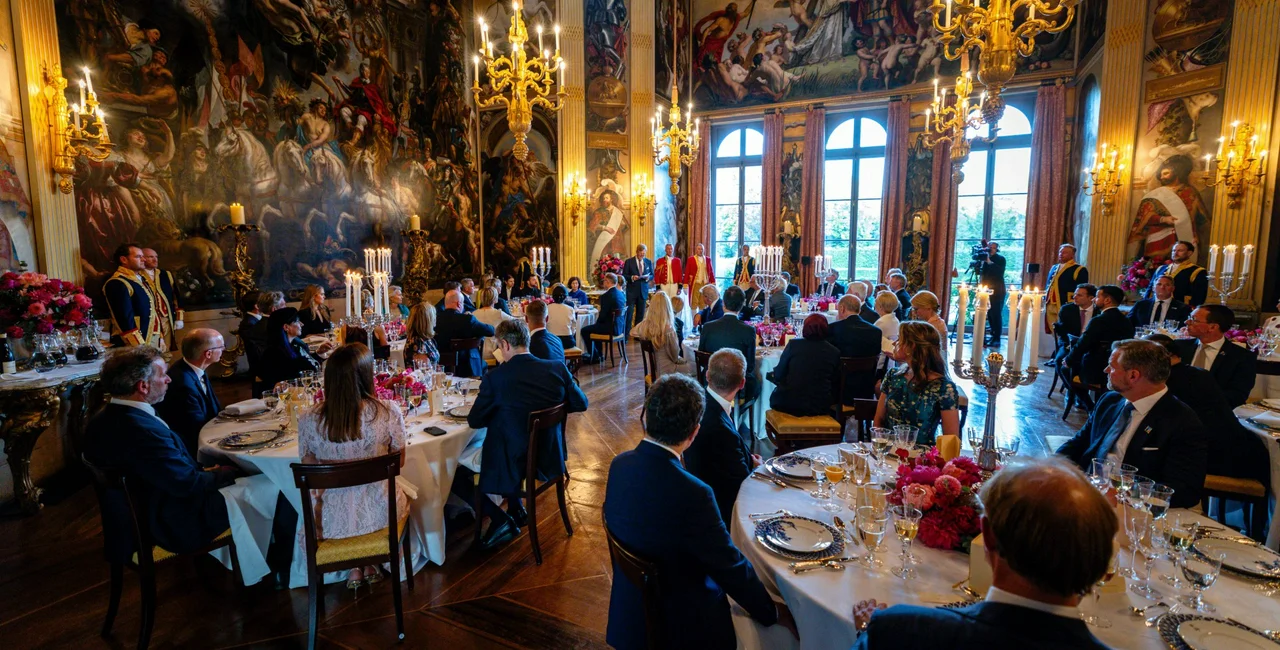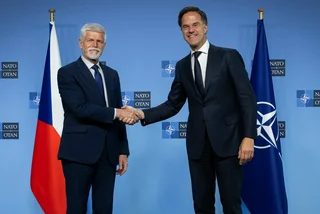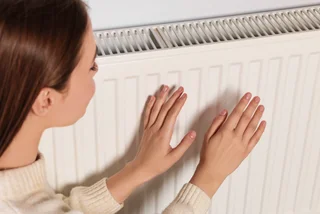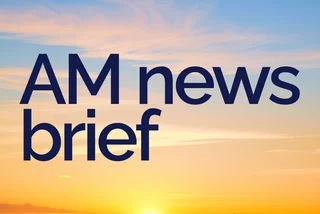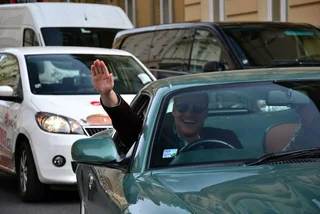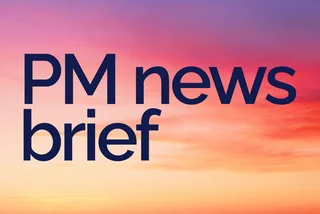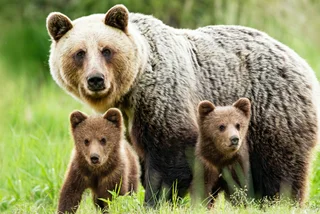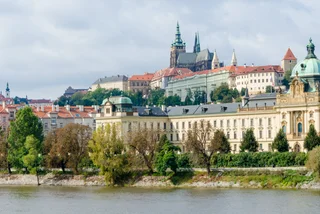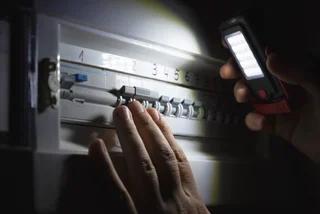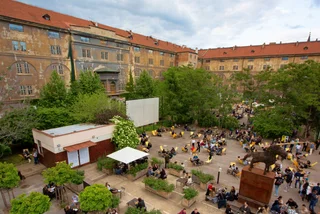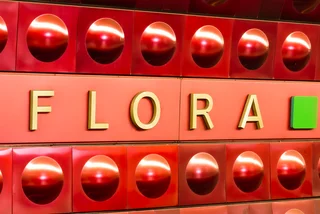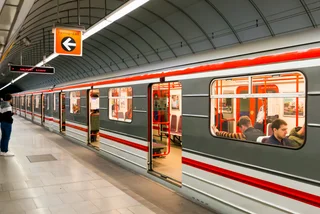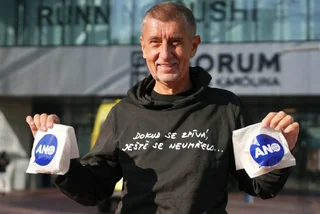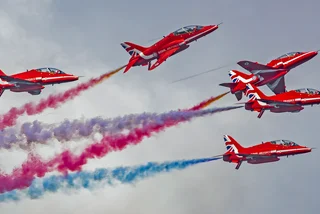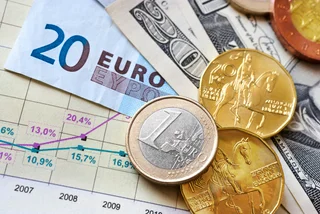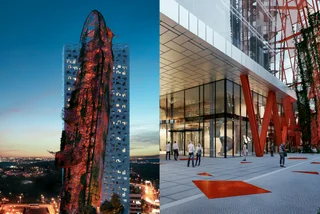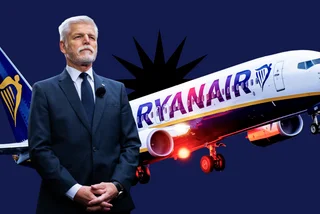NATO leaders gathered for a formal dinner on Tuesday in the ornate ballroom of Noordeinde Palace in The Hague. One seating arrangement caught attention: Czech President Petr Pavel sat next to U.S. President Donald Trump.
For Czech officials, this was more than just a diplomatic curiosity, it was a strategic opportunity.
Czech Foreign Minister Jan Lipavský noted that Trump, who has long criticized NATO allies for underfunding defense, left the summit “satisfied.” This was partly due to a two-hour dinner conversation with Pavel. “The one who was convincing him all evening was President Pavel,” Lipavský stated, calling it “a great success” for Czech diplomacy.
Trump, who left The Hague after less than 24 hours, seemed to depart with a victory he has sought since 2017: a significant increase in defense spending by NATO allies. He had often accused them of taking advantage of the U.S., but he left with a noticeably different tone this time.
“I left here saying, ‘These people really love their countries. It’s not a rip-off,’” he said. “We are here to help them protect their country.”

NATO agrees on 5 percent defense spending goal
The dinner concluded a crucial summit where NATO members agreed on a new target: spending 5 percent of GDP on defense over the next decade. Of that, 3.5 percent would go directly to the military, and 1.5 percent would be set aside for broader security areas such as infrastructure protection, cybersecurity, and medical readiness.
“You can’t win a conflict with a spreadsheet,” Pavel stated In a press conference following the summit. “But you can with real capabilities ready when you need them.”
To achieve this, Pavel said the country plans to strengthen its air defense by buying American F-35 fighter jets. As a transit country, it will invest in infrastructure and military units to meet rising demands.
Czech Defence Minister Jana Černochová described the summit as a turning point for NATO’s defense position, with new commitments to improve readiness across the alliance.
Czechia's moment on the global stage
Ukrainian President Volodymyr Zelenskyy, who has continuously praised Czechia for its unwavering support, also attended. Pavel’s ability to engage both Trump and Zelenskyy, who have had a tense relationship, highlighted his growing diplomatic strength.
While largely ceremonial, the Czech presidency under Pavel has assumed a more active role in foreign policy. As a former NATO Military Committee chair and Czech army general, Pavel has a credible security-related background.
He may also benefit from personal connections. Trump’s late ex-wife, Ivana, was Czech, and their children spent summer vacations there. Trump has often spoken positively about Prague. Whether these personal ties offer a strategic advantage remains uncertain, but familiarity can be beneficial in diplomacy.
Punching above its weight?
Officials believe that visible moments like Pavel’s meeting with Trump, combined with hard numbers like Czechia already meeting NATO’s 2 percent spending target and aiming for 3 percent by 2030, will help solidify its position as not just a loyal partner but a leading one.
Prague’s message was clear in a summit focused on war, budgets, and power dynamics. It deserves a seat at the table and aims to make the most of it.
That seat, at the formal dinner in The Hague, was next to some of NATO’s most influential figures, including Dutch King Willem-Alexander, Italian Prime Minister Giorgia Meloni, Turkish President Recep Tayyip Erdogan, and NATO Secretary General Mark Rutte.
While it is unclear if the exchange will lead to a future policy agreement, the meeting was called “chummier” than past summits. The White House later shared a video of Trump arriving at the summit, set to the 1970s song “Daddy’s Home.” This clip quickly went viral and hints that his conversation with Pavel made a difference.
🎶 Daddy’s home… Hey, hey, hey, Daddy.
— The White House (@WhiteHouse) June 26, 2025
President Donald J. Trump attended the NATO Summit in The Hague, Netherlands. pic.twitter.com/asJb5FD2Ii













 Reading time: 3 minutes
Reading time: 3 minutes 